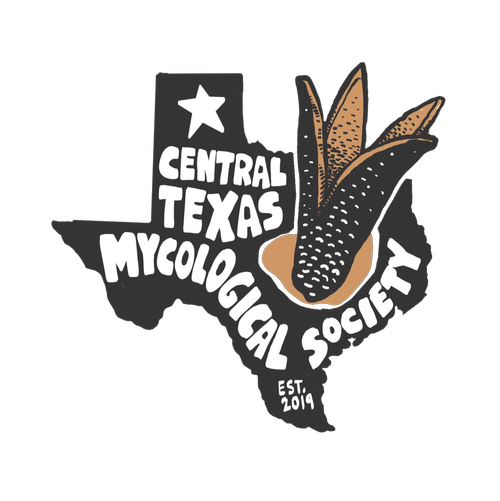GUEST SPEAKER: DR. Susie Dai
DATE: THURSDAY, JANUARY 19, 2023
TIME: 7 P.M. CST
LOCATION: ONLINE VIA ZOOM OR YOUTUBE
PFAS are adsorbed into the cell wall of the plant material. When the fungus consumes the plant, it also eats the chemical that was adsorbed. (Graphic courtesy of Susie Dai.)
OR WATCH LIVESTREAM ON YOUTUBE
ABOUT THE TALK
Environmental persistent organic pollutants (POPs) like per- and polyfluoroalkyl substances (PFAS) are expensive to clean up. Traditional PFAS treatment by enrichment media primarily relies on incineration after PFAS are removed from the environment, which is costly and environmentally unfriendly. The Dai’s laboratory is interested in exploring various platforms to remediate those POPs. Fungi is well known as decomposers to break down organic carbon, deposit recalcitrant carbon, and transform other elements such as nitrogen. In this presentation, the Dai lab has developed a plant-derived biomimetic material to treat PFAS contaminated water and achieved highly efficient PFAS adsorption and subsequent fungal biotransformation. As such, the material exhibits record adsorption capacity for the PFAS compounds (i.e., PFOA and PFOS) and diverse adsorption capability toward co-contaminants. Dr. Dai will also discuss the fungal bioremediation perspectives in the context of research and applications.
ABOUT THE SPEAKER
Susie Dai obtained her BSc in Chemistry at Fudan University (2001) and her PhD degree in Chemistry at Duke University (2006). Dai conducted her post-doc training with Scripps Research Institute and Oak Ridge National Laboratory. Before joining the Texas A&M University faculty, she worked as the Associate Director of the Iowa State Hygienic Laboratory, Director of the Environmental Health Division from 2016-2019. Dai currently is the director of the Biomonitoring program in the Iowa State Hygienic Laboratory, leading the Iowa Statewide Biomonitoring public health surveillance. From her rich administrative and field experiences, Dai brings unique translational perspectives in her current research programs. The Dai laboratory is interested in environmental monitoring, protection, and remediation, applying data analytics, and identifying new solutions to promote environmental and public health.



